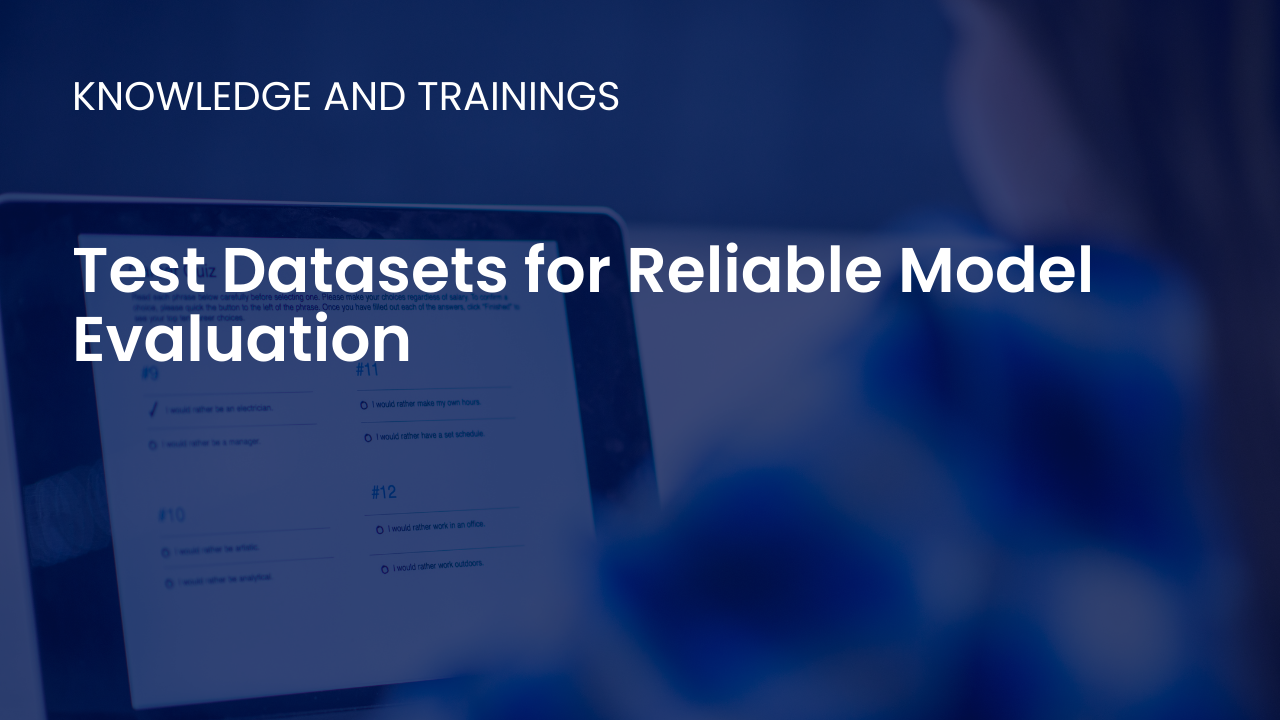We have been recognized in RegTech100 2026 - Strengthening leadership across AI governance, MRM and FCC
The United Arab Emirates has established a comprehensive framework to combat money laundering (ML) and terrorist financing (TF), aligning with international standards. These regulations span various sectors, including banking, insurance, asset management, wealth management, payment processors, fintech, lending, and crypto, ensuring the integrity of the financial system and compliance with global AML/CFT standards.
Key Laws and Guidelines
- Federal Decree-Law No. 20 of 2018 on Anti-Money Laundering and Combating the Financing of Terrorism: This Federal Decree-Law serves as the primary legislation for combating money laundering and terrorist financing in the UAE. The law mandates financial institutions to implement customer due diligence, maintain records, and report suspicious transactions. It also outlines the procedures for the confiscation of proceeds derived from money laundering activities.
- Cabinet Decision No. 10 of 2019: This decision provides detailed requirements for customer due diligence, transaction monitoring, and reporting of suspicious activities. It also establishes the Financial Intelligence Unit (FIU) within the Central Bank of the UAE to oversee AML compliance and conduct investigations.
- Central Bank of the UAE (CBUAE) Regulations: The Central Bank issues regulations to ensure compliance with AML/CFT standards within the financial sector. These regulations mandate the implementation of robust AML programs, customer due diligence, transaction monitoring, and the reporting of suspicious activities.
- Dubai Financial Services Authority (DFSA) and Abu Dhabi Global Market (ADGM) Guidelines: The DFSA and ADGM issue guidelines to support compliance with AML/CFT regulations in their respective jurisdictions. These guidelines provide specific instructions for various sectors on implementing effective AML/CFT measures. They also outline the responsibilities of reporting entities in conducting customer due diligence and reporting suspicious activities.
Regulatory Bodies
- Financial Intelligence Unit (FIU): The FIU is the central agency responsible for receiving, analyzing, and disseminating reports on suspicious transactions. It coordinates AML efforts across various sectors and collaborates with international counterparts to enhance AML/CFT frameworks.
- Central Bank of the UAE: The Central Bank oversees the implementation of AML regulations within the financial sector. It issues directives and guidelines to ensure compliance with AML/CFT standards and conducts regular inspections to enforce these regulations.
- Dubai Financial Services Authority (DFSA): The DFSA regulates the financial services industry within the Dubai International Financial Centre (DIFC). It ensures that entities implement effective AML measures and conducts regular inspections to ensure compliance.
- Abu Dhabi Global Market (ADGM): The ADGM regulates the financial services industry within its jurisdiction. It issues guidelines, conducts inspections, and enforces penalties for non-compliance with AML/CFT standards.
- Ministry of Economy: The Ministry of Economy oversees the implementation of AML regulations for non-financial businesses and professions, including real estate and precious metals. It issues guidelines and conducts inspections to ensure compliance with AML/CFT standards.
History of Regulations
- 2018: Enactment of Federal Decree-Law No. 20 on Anti-Money Laundering and Combating the Financing of Terrorism.
- 2019: Issuance of Cabinet Decision No. 10 providing detailed AML/CFT requirements.
- 2020: Establishment of the Financial Intelligence Unit (FIU) within the Central Bank of the UAE.
- 2021: Introduction of guidelines by the DFSA and ADGM for reporting entities to enhance AML compliance.
Sector-specific Regulations
- Banking and Financial Institutions: Regulated by the Central Bank of the UAE, the banking and financial institutions sector is required to implement robust AML/CFT programs, including strict KYC protocols, continuous monitoring of transactions, and the reporting of suspicious activities. Banks and financial institutions must also maintain records for a minimum of five years.
- Insurance: The insurance sector, overseen by the Central Bank, mandates companies to implement effective AML measures. This includes customer due diligence, transaction monitoring, and the reporting of suspicious activities to the FIU.
- Asset Management and Wealth Management: Regulated by the DFSA and ADGM, asset management and wealth management firms must adhere to stringent AML regulations. These firms are required to implement robust AML programs, conduct thorough customer due diligence, and monitor transactions for suspicious activities. They must also report any suspicious transactions and maintain detailed records.
- Payment Processors and Fintech: Payment processors and fintech companies are subject to regulations issued by the Central Bank. These entities must implement comprehensive AML measures, including customer verification, real-time transaction monitoring, and the reporting of suspicious transactions. They must also comply with guidelines issued by the DFSA and ADGM for non-bank financial activities.
- Lending: Lending institutions, both traditional and fintech-based, must adhere to AML regulations set by the Central Bank. These institutions are required to conduct customer due diligence, monitor transactions for suspicious activities, and report any suspicious transactions to the FIU. They must also maintain records of all transactions and customer information.
- Crypto: The crypto sector is regulated under guidelines issued by the DFSA and ADGM. Virtual asset service providers (VASPs) are required to implement robust AML measures, including customer verification, transaction monitoring, and the reporting of suspicious activities. VASPs must also maintain detailed records of all transactions.


























































.svg)


